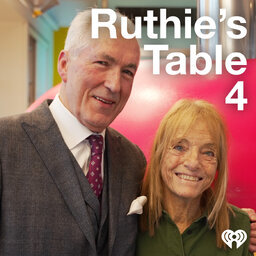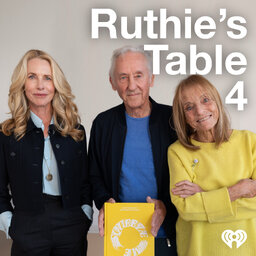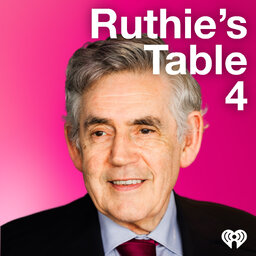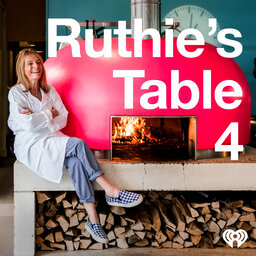Three weeks from today, on 22nd October Ruthie’s Table 4, Season 4 of will begin.
This week we are replaying one of our favourite episodes - Dame Judi Dench which we recorded in January of 2023.
Listen to her recite from memory a childhood poem, recall trying to impress an agent with her cooking, and describe how she cooked a raw sausage on stage for Norman Rodway.
In 1 playlist(s)
Ruthie's Table 4
Welcome to Ruthie's Table 4 hosted by Ruthie Rogers, co-founder and chef of The River Cafe in London…Social links
Follow podcast
Recent clips

Jeremy King
38:16

Bonus: Laurene Powell Jobs In Conversation With Ruthie Rogers & Ed Ruscha
32:28

Rt Hon Gordon Brown
32:32
 Ruthie's Table 4
Ruthie's Table 4